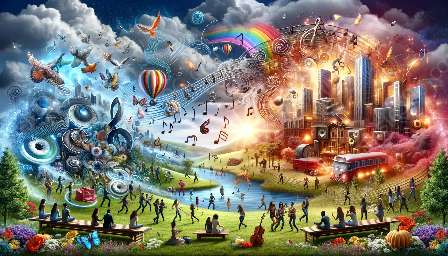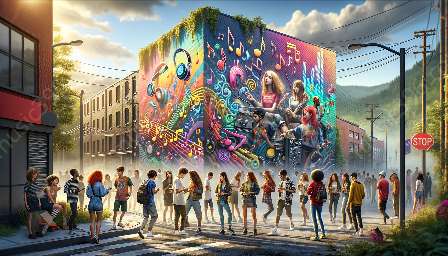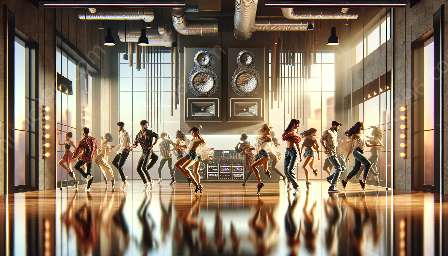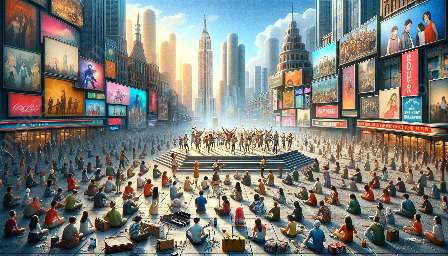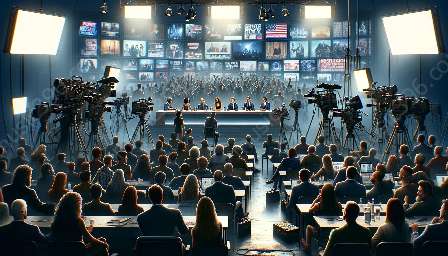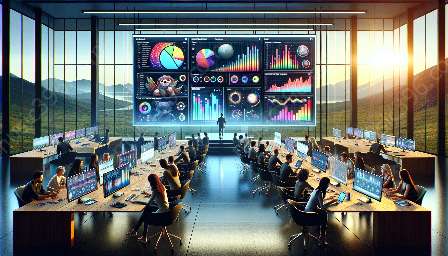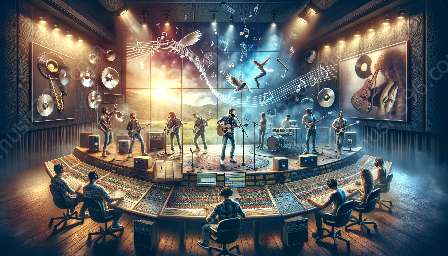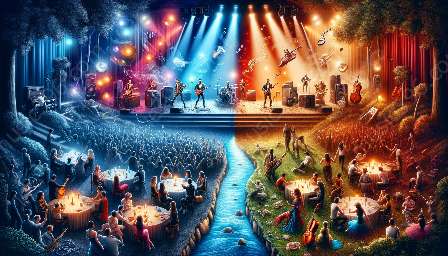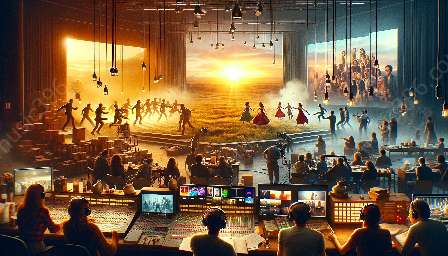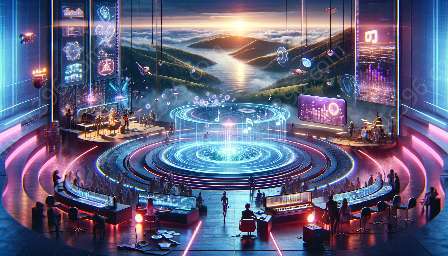Pop music has had a profound impact on the storytelling and narrative structure of TV shows and movies. The use of pop music in visual media has the ability to evoke specific emotions, enhance storytelling, and create memorable moments that stay with audiences long after they have experienced a particular film or TV show.
Pop music, with its catchy melodies, relatable lyrics, and universal appeal, has become an indispensable tool for filmmakers and showrunners. This article will delve into the ways in which pop music has transformed the storytelling and narrative structure of TV shows and movies, examining its influence on character development, mood setting, and overall audience engagement.
The Emotional Impact of Pop Music
One of the most significant ways in which pop music has impacted storytelling in TV shows and movies is through its ability to evoke emotions and enhance the viewing experience. Whether it's a poignant ballad playing during a heart-wrenching scene or an upbeat anthem accompanying a triumphant moment, pop music has the power to intensify the emotional impact of a particular scene or storyline.
For instance, the use of a recognizable pop hit from the past can create a sense of nostalgia that resonates with audiences, instantly transporting them back to a specific time or memory. This emotional connection strengthens the audience's bond with the characters and the overall narrative, making the storytelling more memorable and impactful.
Setting the Mood
Pop music is also utilized to set the mood and tone of a TV show or movie. The selection of an appropriate pop song can establish the time period, cultural context, and overall atmosphere of a story. For example, a montage sequence set to a series of pop music hits can effectively convey the passage of time and the evolution of characters, while also providing a visceral and sensory experience for the audience.
Furthermore, pop music can be used as a narrative device to foreshadow events, build suspense, or communicate subtext. By carefully integrating pop music into the storytelling process, creators can enhance the audience's understanding of the plot and characters, creating a more immersive and engaging viewing experience.
Character Development and Identity
Pop music has the ability to define and shape the identity of characters within TV shows and movies. The music they listen to, perform, or are associated with can serve as a window into their personalities, backgrounds, and motivations. A character's musical preferences can be used as a storytelling device to reveal insights into their emotional state, their desires, and their relationships with others.
Additionally, the use of pop music can add depth and dimension to characters, making them more relatable and empathetic to the audience. When a character shares a favorite song or performs a musical number, it can create a powerful connection with viewers, humanizing the character and fostering a sense of intimacy and understanding.
The Evolution of Soundtracks
Pop music has also revolutionized the way soundtracks are curated and integrated into TV shows and movies. The trend of using popular songs, rather than exclusively composed scores, has become increasingly prevalent, offering a fresh and contemporary approach to enhancing storytelling through music.
This shift has resulted in a more diverse and eclectic range of musical choices, reflecting the varied tastes and preferences of modern audiences. By incorporating popular music into soundtracks, creators can appeal to a wider demographic and capture the spirit of the times, making the storytelling more relevant and resonant with contemporary audiences.
Cultural Impact and Audience Engagement
Pop music plays a crucial role in connecting TV shows and movies with their audiences on a cultural and emotional level. The use of familiar pop songs can create an instant rapport with viewers, invoking shared memories and experiences that strengthen their investment in the narrative and its characters.
Moreover, pop music has the ability to transcend linguistic and cultural barriers, making it a universal language that can resonate with diverse audiences around the world. This cross-cultural appeal expands the reach and impact of TV shows and movies, fostering a global community of fans who are united by their love for both pop music and visual storytelling.
In Conclusion
The influence of pop music on the storytelling and narrative structure of TV shows and movies cannot be overstated. From creating emotional connections and setting the mood to shaping character development and engaging audiences on a cultural level, pop music has become an indispensable tool for enhancing the art of visual storytelling.
As creators continue to explore the endless possibilities of pop music in cinema and television, we can expect to see even more innovative and immersive storytelling experiences that captivate and inspire audiences for years to come.


